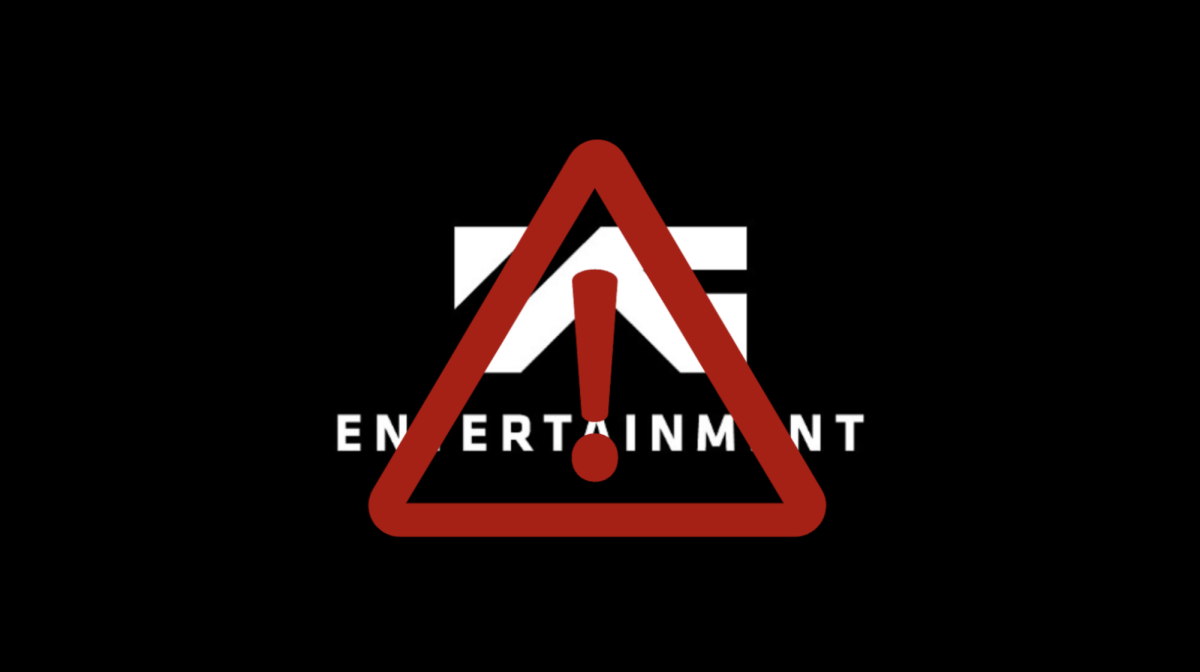BLACKPINK, one of the world’s most influential girl groups, has come under scrutiny following the release of pre-debut videos showing members Jennie, Rosé, and Lisa singing along to songs containing racially sensitive language, including the N-word. The footage, reportedly from their training period at YG Entertainment, was released by someone who identified themself as the “YG Leaker.”
The individual behind the leak claims to be a former YG employee who was wrongfully terminated, alleging that they experienced harassment, racism, and sexism while working at the company. Some fans have defended the BLACKPINK members, citing their young age at the time and the context of the performances. However, the backlash has been strong, especially on international platforms where the impact of the language used is more widely understood.
While the videos allegedly date back nearly a decade, many critics argue that entertainment companies should provide proper education on cultural awareness to trainees, especially those preparing for global careers. Others are calling for formal apologies and accountability not only from the artists involved but also from the agencies responsible for their development.
In addition to the BLACKPINK videos, the YG Leaker has threatened to release more sensitive materials from other major entertainment labels, including HYBE, SM, and JYP. They have already shared screenshots of internal company messages, unverified behind-the-scenes footage of other idols, and claimed access to terabytes of confidential files across the K-pop industry. Some of the leaked content includes alleged dating rumors, conflicts between idols, and information about group comebacks and breakups.
“The whole situation is quite complicated, and the fact that everything is coming to light now is also quite abrupt,” Lucy Park (11), K-pop fan, said. “However, I do think they should be held accountable for what they said, even if it was a while ago.”
The leak has also raised concerns about privacy and accountability. While some view it as a necessary step toward exposing deeper issues within the industry, others see it as a personal vendetta. Regardless of intent, the release has already shifted public perception and forced companies to take a look at how they are training and protecting their artists.


